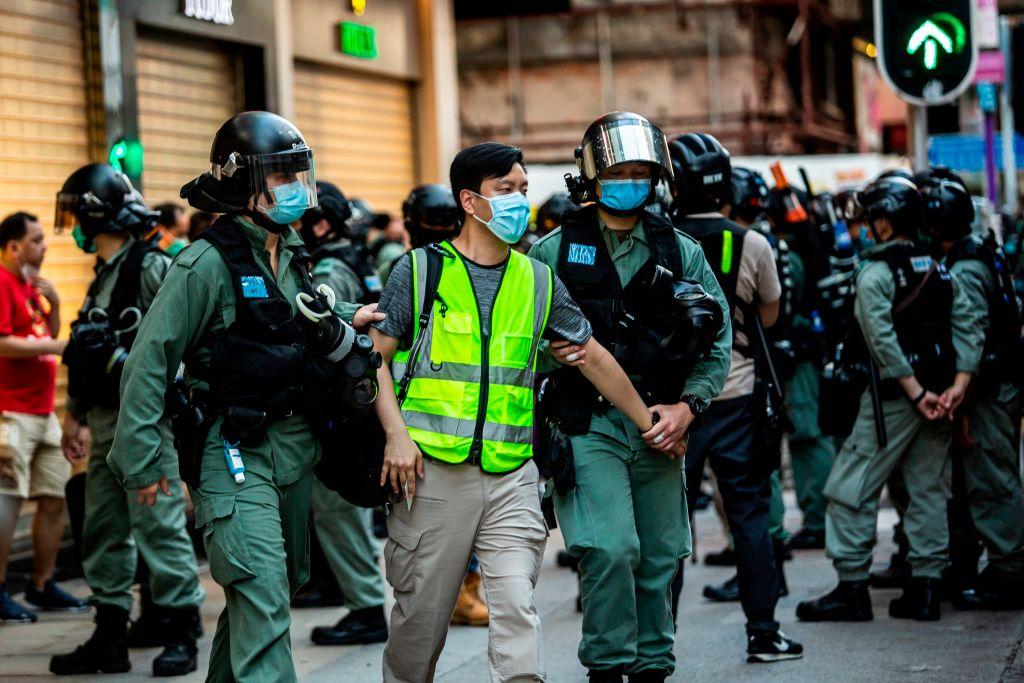Beijing’s national security law for Hong Kong inched closer to formal approval on the second day of a three-day meeting of China’s rubber-stamp legislature, the National People’s Congress (NPC).
Li Fei, head of the Constitution and Law Committee within the NPC Standing Committee, issued a version of the national security law that could be voted on, according to Chinese state-run media Xinhua, in an article published on June 29. The vote is a formality, as the NPC rubber-stamps decisions made by Chinese Communist Party leadership.





